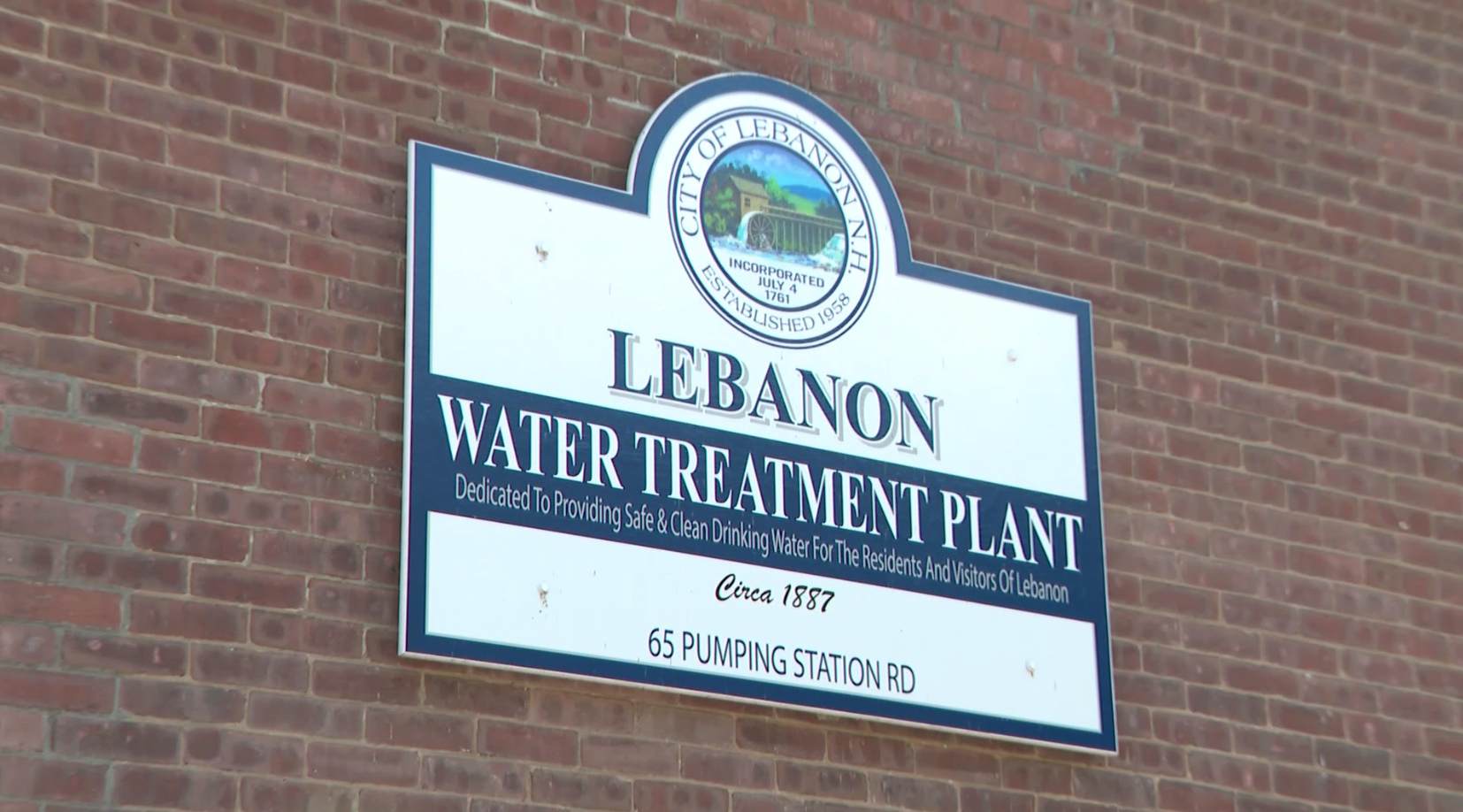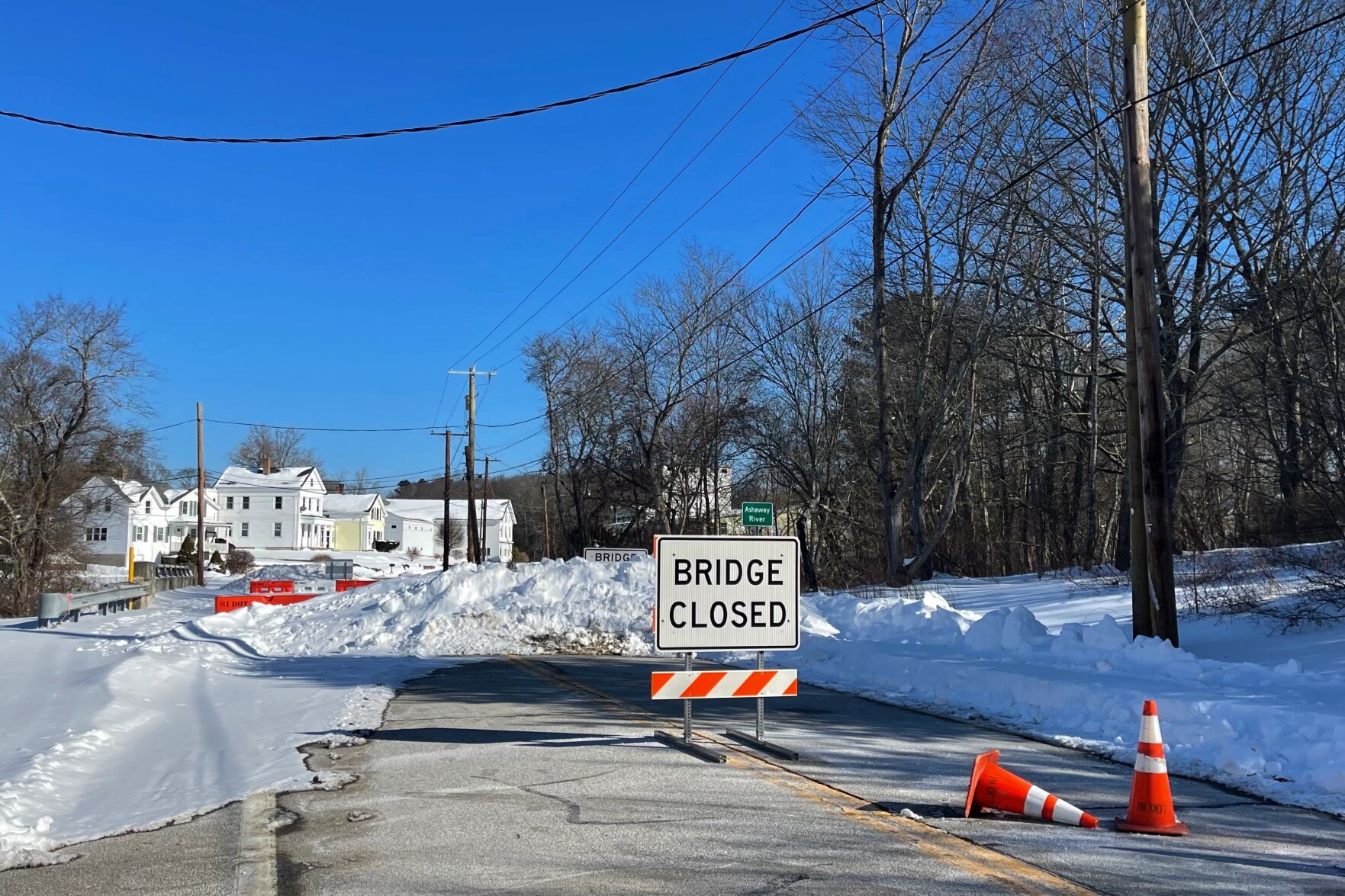Lebanon officials are asking residents to restrict their water usage as drought conditions persist across New Hampshire. Several other towns in the state are following suit, seeking to conserve limited water resources amid a prolonged lack of rainfall.
Lebanon asks residents to restrict water use as drought conditions continue

Key Takeaways:
- Lebanon has officially requested its residents to limit water consumption
- Multiple New Hampshire towns are undertaking water-saving measures
- Ongoing dryness underscores environmental concerns in the region
- The initiative reflects efforts to safeguard dwindling water supplies
- Local communities brace for continued drought with no immediate relief in sight
Lebanon’s Water Challenge
Lebanon, a community in New Hampshire, is urging residents to curtail their water usage in response to ongoing drought conditions. The city’s decision highlights increasing concerns over water reserves at a time when dry weather has dominated the region.
A Statewide Perspective
Several towns across New Hampshire are taking similar steps to prevent water shortages. While Lebanon’s call focuses on voluntary restrictions, other municipalities have issued guidance of their own, collectively reflecting the gravity of the state’s environmental situation.
Community Response
In the face of these calls to conserve, local officials hope to rally residents around prudent water management practices. Community discussions have reportedly centered on everyday actions—like limiting lawn watering and reducing unnecessary water usage—to help maintain access to essential supplies.
Environmental Implications
Drought conditions in Lebanon and surrounding areas underscore the broader realities of climate fluctuations in New England. Extended periods of below-average rainfall not only strain water systems but also serve as a reminder of the fragility of natural resources.
Looking Ahead
Although the path to relief remains unclear, Lebanon and neighboring towns are prepared to continue conservation efforts as necessary. By closely monitoring water levels, local leaders aim to manage resources carefully and encourage residents to remain vigilant about usage until conditions improve.











